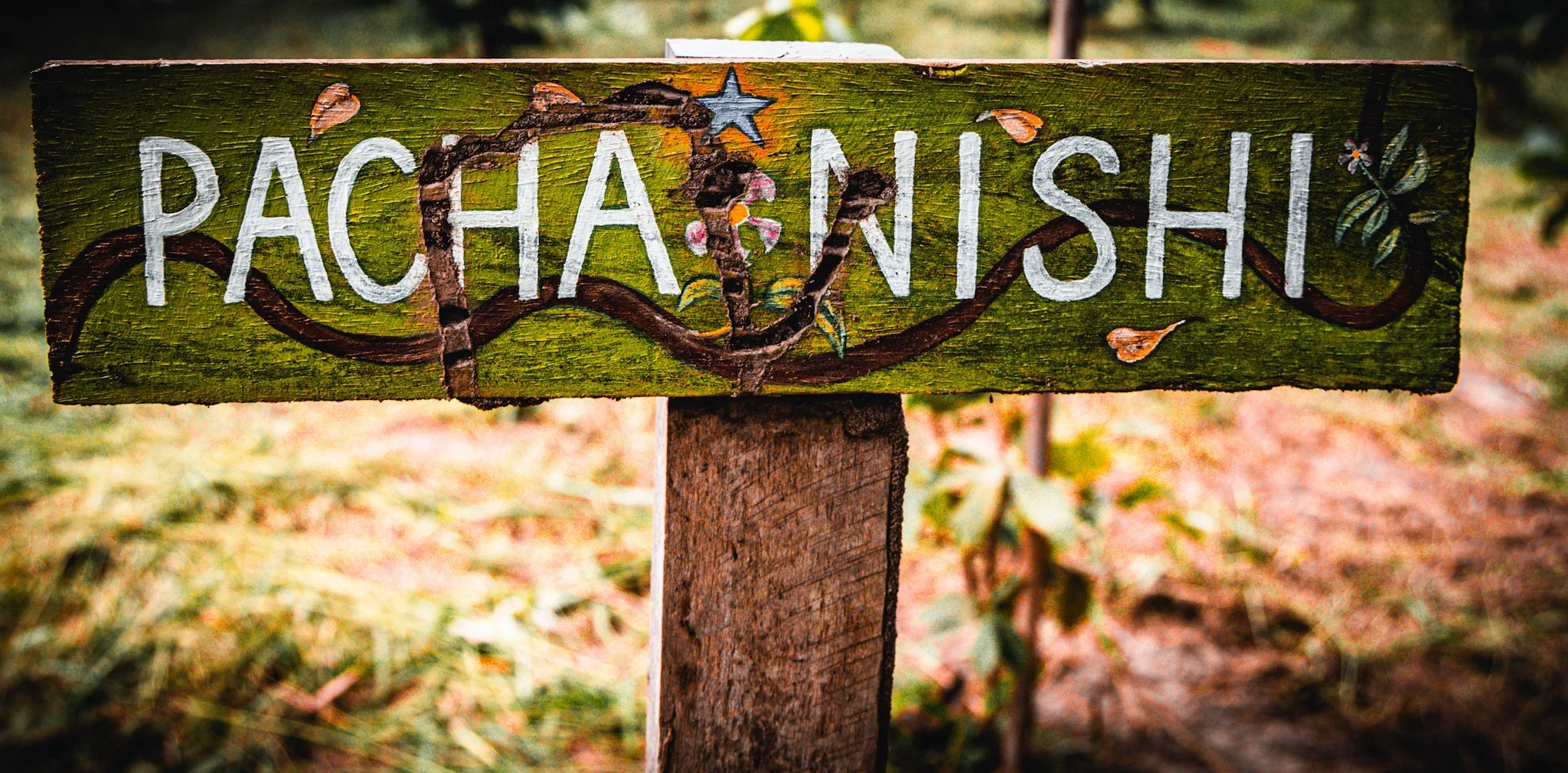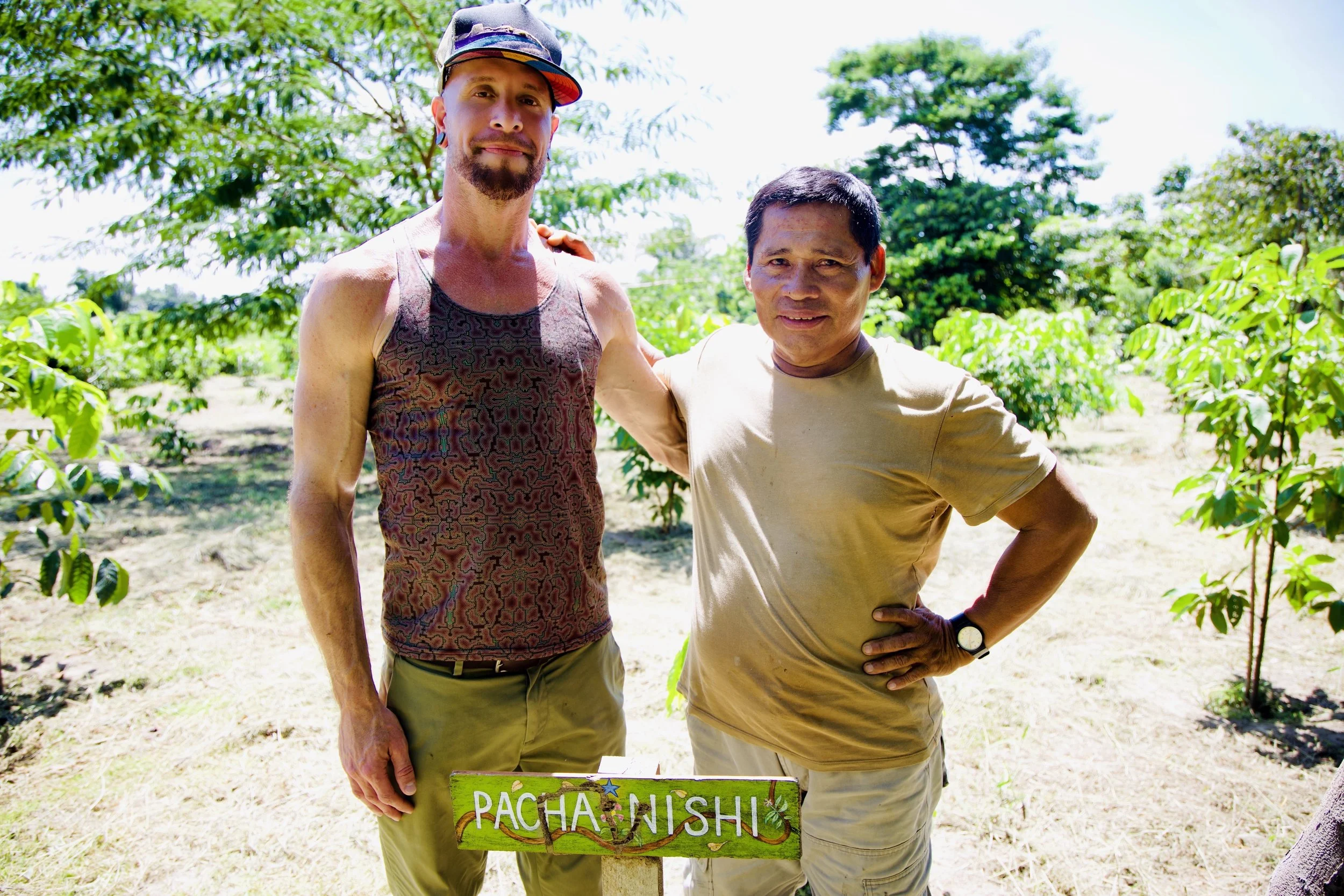
Pacha Nishi
Cultivating Partnerships & Bridging Worlds
Throughout history, human societies have cultivated a sophisticated relationship with their environment. This relationship has been built on collective understandings of how plants are selected for specific uses along with plant management strategies that serve as a foundation for an embodiment of knowledge that guides and informs sustainable harvest, adaptations to environmental changes, and management of natural resources that is passed down over generations. This extensive ecological knowledge is invaluable for the sustainable management of natural resources and the continuation of traditional knowledge, beliefs, and practices associated with them. The Shipibo-Konibo of the Ucayali region of Peru are among the few remaining human societies that have long stewarded the ecosystems of the Amazon rainforest, yet their extensive ecological knowledge and ways of being are currently threatened by identifiable forces (for e.g. deforestation, logging, land use changes, cultural assimilation and language loss) making the future and continuation of their beliefs and cultural practices, ecosystem knowledge, and natural resource management practices uncertain.
In collaboration with Shipibo-Konibo communities, The Coe Lab seeks to help foster the integration of local ecological knowledge with scientific knowledge for the co-production of knowledge — woven science (a.k.a. two-eyed seeing), through supporting restoration projects that prioritize safeguarding sacred medicines for future generations while fostering the continuation of local knowledge through education, cultural exchange, and economic opportunities. The Pacha Nishi project is one such collaborative effort to ensure the persistence of Shipibo-Konibo cultural knowledge of plants and ecosystem management practices for future generations. By the combining Shipibo-Konibo plant knowledge and principles of modern ecology, one of the central goals of the Pacha Nishi Project is to provide actionable solutions to some of the greatest challenges faced by plant medicine communities and cultural practices in the Amazon basin such as sustainable ayahuasca harvest and production.
As the globalization of ayahuasca brew continues with its widespread use currently extending beyond its ancestral home in the Amazon basin, the increasing demand on the source plants used to produce this medicine has led to reported shortages in Amazonian cities while raising concerns for sustainability. Beyond these sustainability concerns driven by globalization, other human activities including deforestation, logging, and land-use changes threaten the ecosystems that support the biological web of life that is essential for thriving ayahuasca source plant populations. The combination of these factors challenge the long-term persistence of ayahuasca use and the cultural traditions associated to them. Therefore, collaborators of the Pacha Nishi project are working to develop a pioneering woven-science framework to help successfully guide the sustainable management of ayahuasca plant populations while at the same time helping to ensure sustainable ayahuasca production — as locally-grown and sustainably-sourced medicine.



